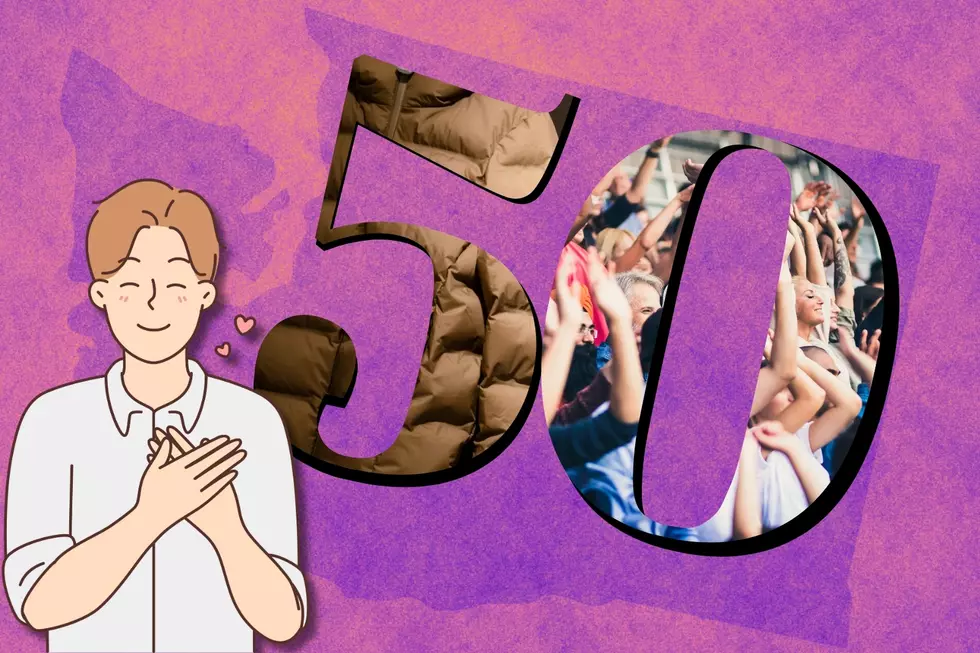
Seahawks DB Shaq Griffin Ditches Seattle For Huge Florida Payday
But, what about your brother?
While the entire NFL world, not just the Pacific Northwest, was seemingly all consumed by the Russell Wilson/Seattle Seahawks potential trade drama, still at this report much ado about nothing, (Dak re-upped with Big D, but Brees bailed to a NBC booth, so are the Saints back in play? And what about Chicago? And Chucky with the Raiders?) by taking a big gamble and not franchise tagging the club's best secondary player, yes, in my opinion even more valuable than Jamaal Adams, the Seahawks lost Shaquill Griffin as he has bolted from Seattle and will return to his home state of Florida to sign a 3-year $40 million contract, $29 million in guaranteed money, with the Jacksonville Jaguars.
Seattle had a chance to put the franchise tag on Griffin before the March 9th deadline, but chose not to, the thinking of General Manager John Schneider and Head Coach Pete Carroll was that a major push to get a deal done and sign him would be enough after the free agency period commenced. It was enough. Until it wasn't.
Jacksonville and Urban F. Meyer (not sure if his middle initial is F, but for the purpose of this piece, work with me) threw a deal at Griffin that was too good to be true on a lot of fronts, so the Seahawks Griffin Gaffe has cost the Seattle secondary dearly.
Griffin is a native of St. Petersburg, Florida and made a name for himself at the University of Central Florida, the Seahawks selected him in the third round of the 2017 draft. Griffin made the Pro Bowl in 2019. Griffin had three picks last year, a career high, despite missing four games due to injury. Oh, his twin brother Shaquem? He's expected to sign with the Jags, too.
Yeah, right, sure, so we lost both Griffins, whatever, but what about Russ?



